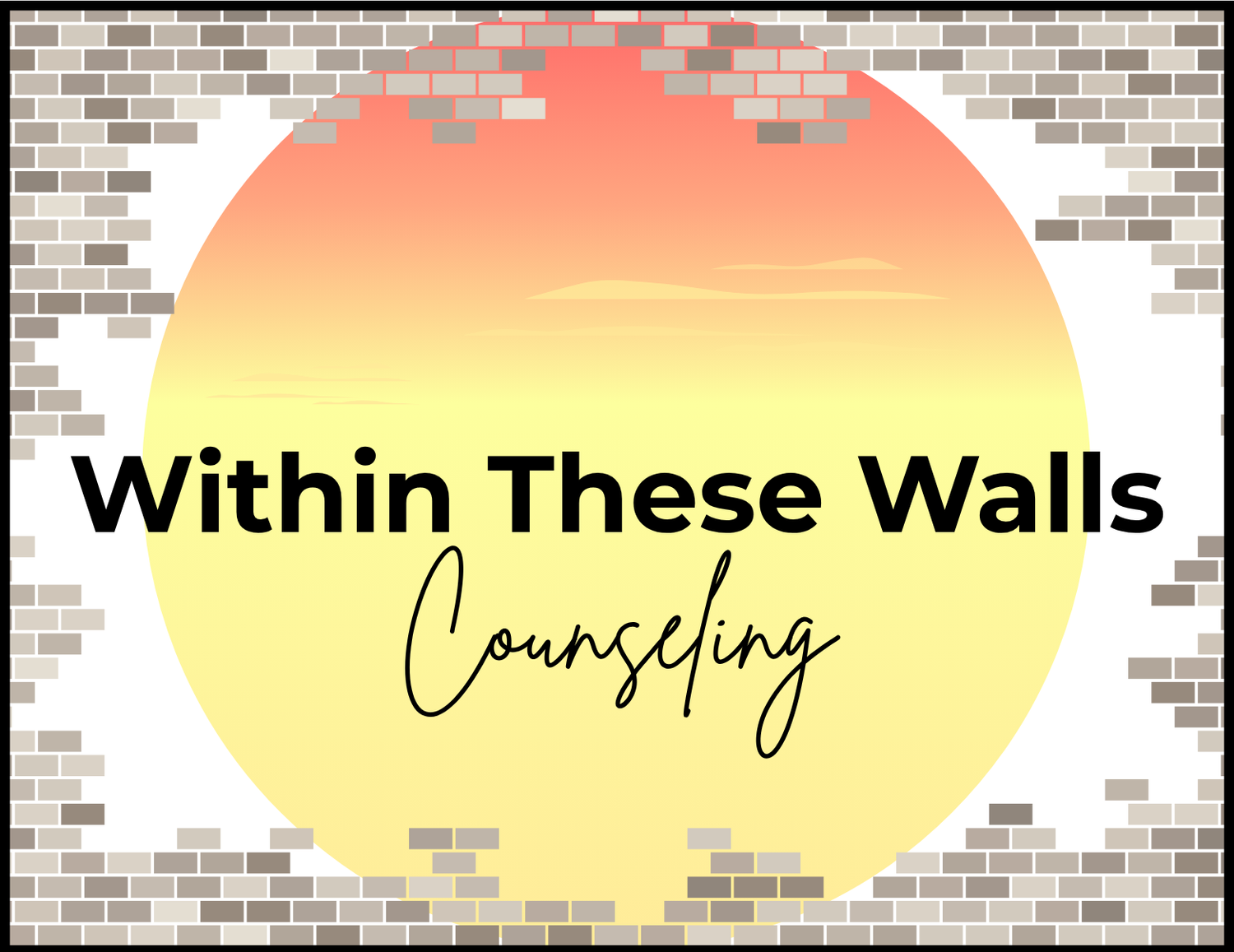Let’s Talk Triggers
“I’m Triggered!” … But What Does That Actually Mean?
Think about this…How often have you said, “I’m triggered” or “They triggered me”? Probably more times than you can count — and hey, no judgment. We all do it. But let’s pause for a second: how often do we really know what we’re experiencing when we say that? Do we understand why we’re feeling that way or what to do about it? Most of the time, the response goes something like this: “I’m triggered… so I’m either going to shut this down or walk away.” Cue the boundary mic drop: Boom! Look at us, out here applying what our therapists told us. “Practice setting boundaries.” You got it. Consider that door closed! We’re being healthy, right? Well… maybe. It depends. If it were really that simple, we’d all be living these calm, emotionally balanced lives full of great communication, mutual understanding, and zero internal chaos. Sounds luxurious, honestly. But here’s the twist: triggers aren’t actually a bad thing. In fact, they’re often a sign that something deeper is going on — and sometimes, they’re the very clue we need to grow and heal.
So, What Is a Trigger, Anyway?
A trigger is your body’s response to something external — a sound, tone of voice, comment, behavior, smell, situation — that sends your mind into a familiar (and often uncomfortable) place. It’s not random. It’s your nervous system going, “Hmm… this reminds me of something unresolved. Something painful. Something that still lives inside me.” The tricky part? Most of us don’t even realize we’re triggered in the moment. We just feel flooded. Overwhelmed. Angry. Panicky. Numb. Checked out. And it can happen fast. Maybe your partner uses a certain tone of voice and — boom — your chest tightens, your thoughts start racing, and you suddenly feel like you're under attack. Or maybe someone gives you feedback at work and your brain translates it as: “You're not good enough. You're failing. You're disappointing everyone.” (Spoiler alert: you’re not. But that inner critic is loud when triggered.)
Why Triggers Are Actually Helpful (Even If They Suck)
I know — “Yay, I’m triggered!” doesn’t sound like a great time. But hear me out. Triggers are signals. They’re messages from your body and your subconscious, saying: “Hey… we’ve been here before. And we didn’t like it last time. Something needs attention.” They point us toward wounds that still need healing. And if we pay attention — really listen — we can begin to respond instead of just react.
But What If I Don’t Know Why I’m Triggered?
Totally normal. Sometimes triggers are obvious. Sometimes they’re sneaky. Trauma — especially old or complex trauma — doesn’t always show up in a neat, easy-to-identify package. You might feel triggered without knowing what set you off. That’s okay. Awareness often comes later. What matters most is recognizing that something's happening inside of you — and that it matters.
In a Perfect World…
In a perfect world, we’d be able to say: “I’m feeling triggered. I need a moment to regulate and then I’d like to talk about what just came up.” In real life? “I need a moment” sounds more like slamming a door, sending a passive-aggressive text, spiraling into anxiety, or emotionally tapping out for the rest of the day. Real talk: learning to navigate triggers takes practice, time, and often support. It’s not something we master overnight. It's more like emotional weight training — you build strength slowly, rep by rep.
So, What Can You Do When You Feel Triggered?
Start small. Here are a few grounding steps:
Notice and name it:
“Something about that just really got to me. I’m feeling triggered.”
Pause. Breathe.
Even just a few deep breaths can help your nervous system downshift from panic to presence.Don’t shame yourself.
You’re not “too sensitive.” You’re reacting to something that matters. Be curious, not critical.Get support.
You don’t have to figure this all out on your own. A therapist can help you trace those reactions back to their roots — and give you tools to respond in ways that feel more aligned with who you actually are.
You’re Not Broken — You’re Responding to Pain
Triggers aren’t evidence that something’s wrong with you. They’re evidence that something inside you is still protecting you the best way it knows how. And that protection? It came from somewhere. It helped you survive. But now? You deserve more than survival. You deserve to understand your triggers, learn from them, and move through them with more clarity and compassion. You’re allowed to set boundaries and explore the feelings behind them. You’re allowed to walk away and do the work to understand why that moment hurt. You’re allowed to be healing and human at the same time.
Final Thought
Next time you feel triggered, pause for a second and ask: “What might this be showing me about myself?” That’s where the work begins. And it’s hard, yes — but it’s also worth it. If you’re feeling stuck or curious about what’s underneath your reactions, therapy can help you understand your emotional patterns — and begin changing them.
👉 Book a free 15 minute consultation
👉 Or just reach out — no pressure, just a conversation.
